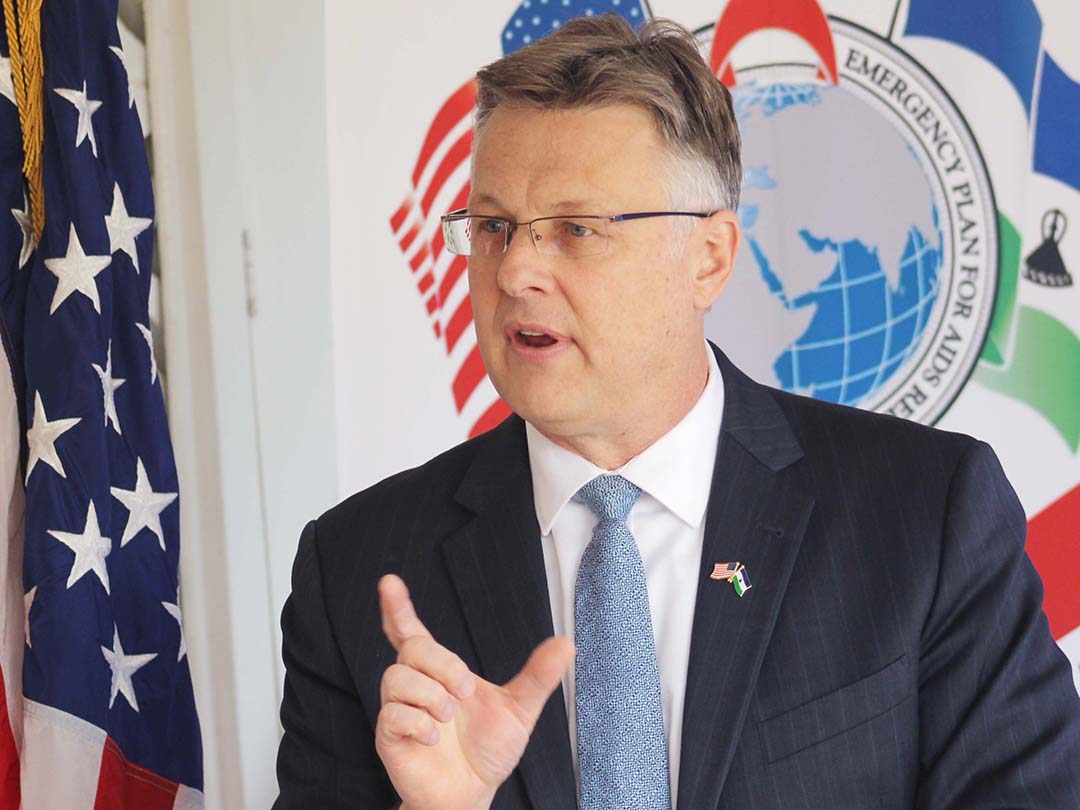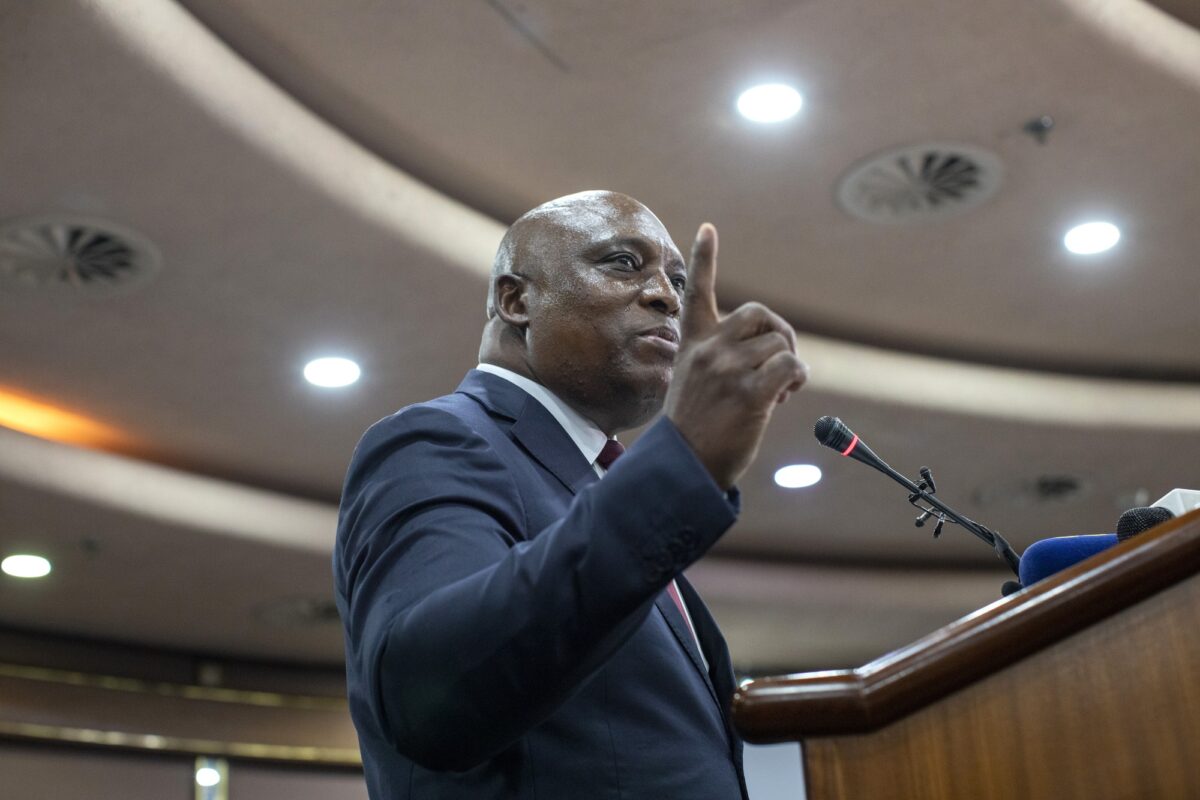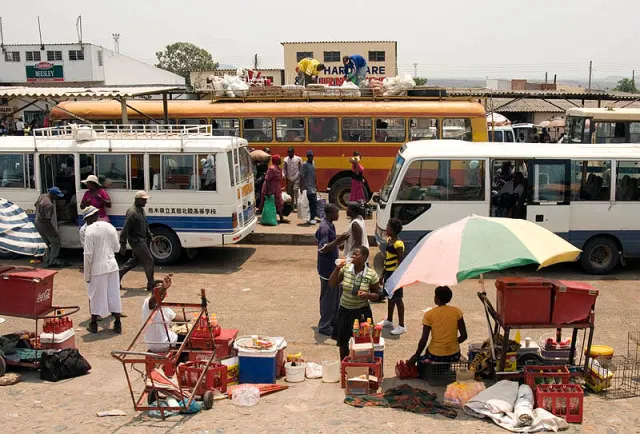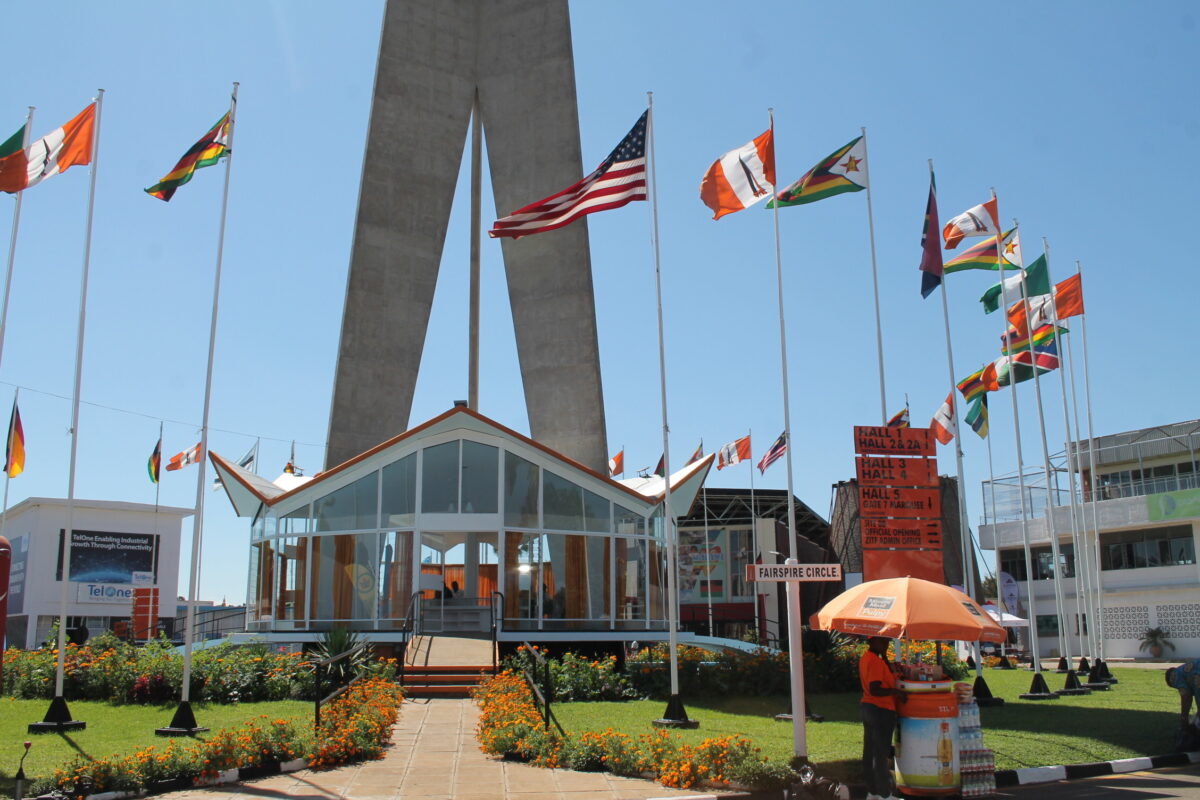Testimony by Deputy Assistant Secretary of State for Africa Matthew Harrington to the U.S. Senate Committee on Foreign Relations Subcommittee on Africa on the topic: ‘Zimbabwe After the Elections’ (December 6, 2018)
Chairman Flake, Ranking Member Booker, and distinguished members of the committee, thank you for the invitation to testify today. I welcome this opportunity to share the State Department’s assessment of the current situation in Zimbabwe, the state of our bilateral relationship, and the U.S. position on future engagement.
Chairman Flake, let me first take a moment to thank you for your leadership as the Chairman of this Subcommittee. We in the Bureau of African Affairs have been profoundly grateful for your commitment not only to our efforts in Zimbabwe, but also to State Department engagement across the continent of Africa. Assistant Secretary Tibor Nagy sends his regrets that he cannot be here to personally convey his gratitude for your strong support, but he is currently traveling in East Africa.
On July 30, Zimbabwe held its first presidential election without Robert Mugabe in nearly four decades. The election took place after a nearly 40-year history of deeply flawed elections, serious human rights challenges, catastrophic economic mismanagement, and widespread corruption.
There were some encouraging signs in the pre-election period, including the welcoming of credible international observer groups and foreign journalists, and a more permissive campaign environment for members of the opposition. And Election Day itself was peaceful, but that has usually been the case in Zimbabwe. Ultimately, however, the process was marred by the army’s use of deadly force against protestors on August 1 and reports of supporters and state agents of the ruling party.
Zanu PF assaulting and abducting members of the opposition in the weeks that followed. It is clear that Zimbabwe has a long way to go – and requires profound political and economic reforms – to sustainably change the path on which it has been for nearly four decades.
Since taking power last year and since his election, President Mnangagwa has regularly stated his commitment to pursuing political and economic reforms, as well as a better relationship with us. We welcome the change in rhetoric from the Mugabe years. Since the election, we have seen some promising signs from the government, including appointment of a new, more technocratic cabinet, announcement of an economic plan acknowledging the need for significant monetary and fiscal reform, and a budget which, if implemented, would make important strides in that direction. So far, however, the pace and scale of reforms has been too gradual and not nearly ambitious enough.
A Zimbabwe that is more capable of providing for the needs of its own citizens and respecting human rights and fundamental freedoms will be a more responsible member of the international community. To reach that end, Zimbabwe will require implementation of fundamental reforms – not merely a commitment to do so. That is a message we have shared consistently with Zimbabwean interlocutors, including President Mnangagwa and senior members of his government. We want Zimbabwe to succeed and would welcome a better bilateral relationship, but the ball is squarely in the government’s court to demonstrate it is irrevocably on a different trajectory.
There are several steps the government of Zimbabwe could take that would send a strong signal to its own people and to the international community that it is serious about taking the country in a new, more positive direction. First, it should repeal laws such as the Public Order and Security Act, and the Access to Information and Protection of Privacy Act which have long been used to suppress the human rights of people in Zimbabwe and which violate Zimbabwe’s 2013 constitution.
Second, the government should immediately end the harassment of members of the political opposition. It should drop charges against former Finance Minister and prominent opposition figure Tendai Biti and all those who have been arbitrarily detained for exercising their human rights and fundamental freedoms. Third, the government should allow the Commission of Inquiry to work transparently and independently, and hold perpetrators of the August 1 violence fully accountable. And fourth, the government should move quickly to ensure legislation is consistent with the 2013 constitution, as well as uphold its letter and spirit.
These four actions won’t by themselves transform Zimbabwe, but would constitute significant steps in the right direction.
We will continue to consult closely with Congress on our approach toward Zimbabwe. The Zimbabwe Democracy and Economic Recovery Act, recently updated by Congress, has provided a very important tool and clearly identified the reforms we expect: restoration of the rule of law, a commitment to equitable, legal and transparent land reform, and ensuring that military and national police forces are subordinate to the civilian government.
In conclusion, the United States wants a stable, peaceful, democratic Zimbabwe that is genuinely accountable to its citizens and responsive to their needs. If there is real, concrete progress along those lines, the government and people of Zimbabwe will find a committed partner in the United States.
Thank you very much. I welcome the committee’s questions.















